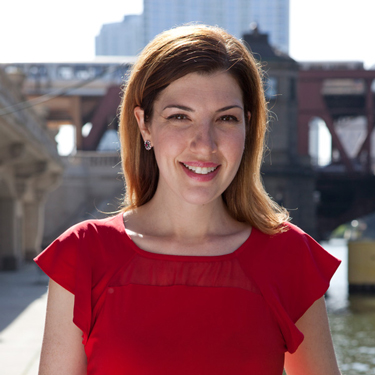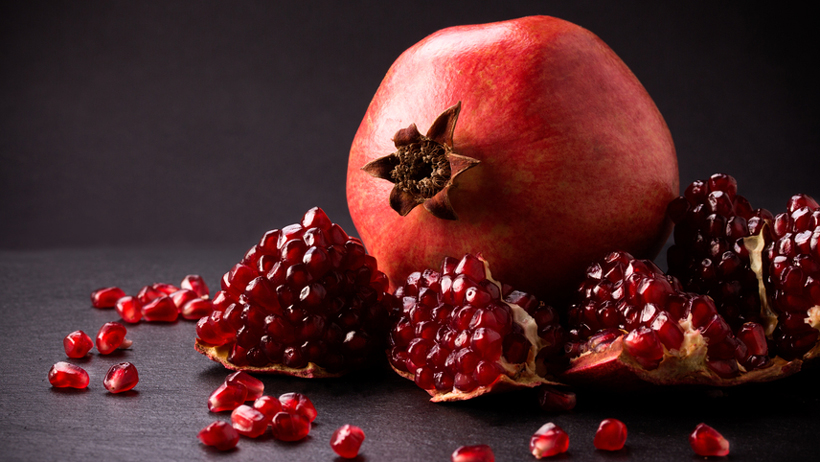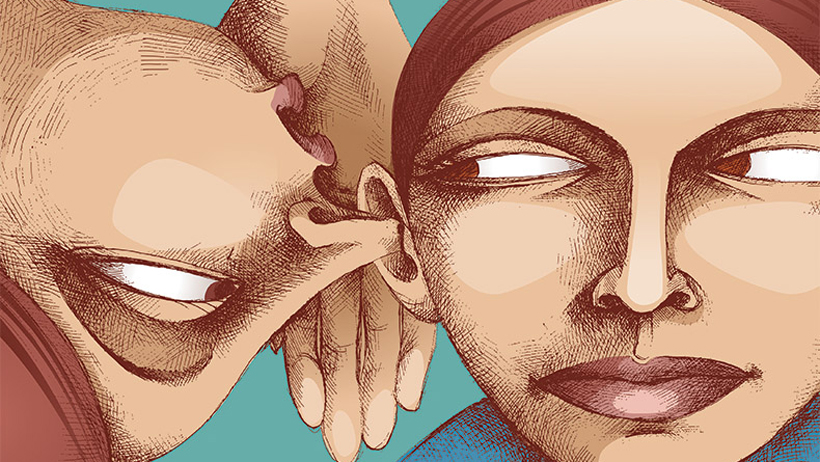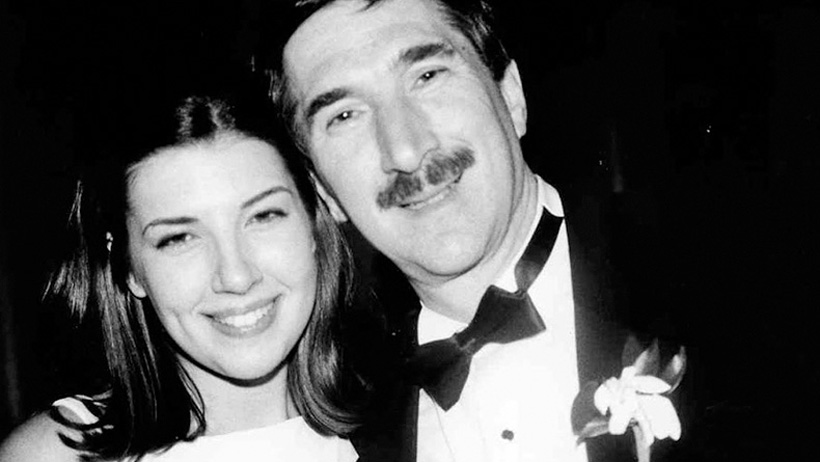When we think of the High Holiday season, certain rituals likely come to mind: Listening to the sounding of the shofar, tasting honey-kissed food, smelling freshly baked challah and kindled holiday lights, and gathering with loved ones.
But one of my favorite holiday traditions doesn't draw as much attention as the others. It's called Tashlich -- the custom of casting breadcrumbs, symbolizing our sins, into the water -- which takes place on the afternoon of the first day of Rosh Hashanah.
I have serene memories as a child of accompanying my family and other members of our synagogue to one of the "10,000 lakes" in my native Minnesota to cast crumbs into the water on a usually crisp fall day, the smell of burning leaves and wood wafting through the air.
How cathartic to unload our sins in a ritual that's equal parts physical and spiritual, the birds flocking toward our sins-turned-bird food.
Taschlich comes after the month-long period of reflection and teshuvah, or repentance, where we as Jews are asked to do the work -- to own up to our sins, ask for forgiveness, and promise to do better next year.
This season of repentance is as much about repairing our relationships between each other as it is about mending our relationships with God.
Let's give some thought to those crumbs we'll cast into the water as we head into the Jewish new year, 5779. I recently googled (just like our forefathers and mothers used to) the Al Cheit prayer, the confessions of our sins chanted as a community on Yom Kippur.
Scrolling through the list on the screen, I recognized we're all guilty of at least a few of these indiscretions. For instance, did you "disrespect against parents or teachers"? Did you "prattle" your "lips" or "pass judgment"? Did you "tale-bear" or were you guilty of "obduracy?"
We try to be good people -- I bet you give up your seat to the elderly or pregnant people on the CTA, and maybe you have served meals at JUF's Uptown Cafe or have volunteered to pack holiday groceries with Maot Chitim. Yet, no matter how compassionate we strive to be, we still manage to rack up a laundry list of sins through the course of the year.
What's nice about the Jewish new year is we get a chance to wipe the slate clean and try to do better in the new year than we did in the last. Even though we can't change yesterday, we can still create tomorrow. "Do the best you can until you know better," the late poet Maya Angelou famously wrote. "Then when you know better, do better."
So, as we look toward the new year, now that you know better, what do you wish to do better?
Maybe you hurt someone through toxic words or actions? Or maybe you regret not standing up for someone you should have? Maybe you want to seek out new friendships? Or put more energy into your existing relationships? Perhaps you just want to spend more time being present with your children or grandchildren, who are only young for a few brief moments in time?
Whatever it is, now is the time to start thinking about it. Now is the time to think about which old breadcrumbs you'll cast into the sea. Now is the time to set out for a new, better course for tomorrow.










.jpg)



